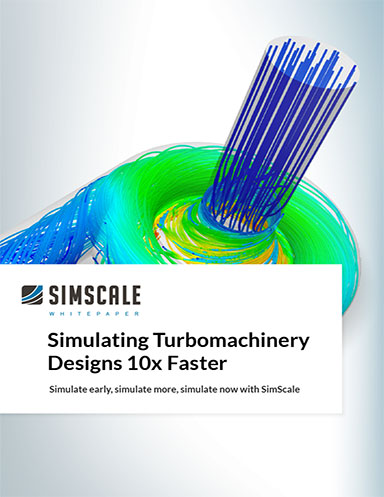Argonne Picks Altair to Advance Exoscale Efforts
Altair’s PBS Professional tool will orchestrate workloads for Argonne’s massive high-performance computing systems, Argonne reports.

Polaris will provide researchers with a testbed to prepare applications and workloads for science in the exascale era. Image courtesy of Argonne National Laboratory.
Latest in High–performance Computing HPC
High–performance Computing HPC Resources


Latest News
November 12, 2021
Altair reports that the U.S. Department of Energy’s (DOE) Argonne National Laboratory will use Altair PBS Professional across the organization’s HPC systems at the Argonne Leadership Computing Facility (ALCF)—including the Polaris and Aurora supercomputers—to accelerate breakthroughs in science and engineering and move forward in exascale computing. The ALCF is a DOE Office of Science user facility at Argonne National Laboratory.
PBS Professional replaces the ALCF’s Cobalt workload manager as the default workload management solution and job scheduler. It will allow researchers to easily and more efficiently run diverse workloads, including machine learning and data-intensive tasks, as well as traditional simulations.
Supported by Altair’s global team of HPC specialists, PBS Professional will optimize and manage thousands of node hours simultaneously and will help ensure that researchers using the ALCF computing resources can make quicker, more efficient scientific discoveries.
“We explored many options when we were looking for a workload manager to replace our in-house Cobalt scheduler,” says Bill Allcock, manager of ALCF’s Advanced Integration Group. “With Altair and PBS Professional we found an open and established mechanism for accepting contributions, with a long-term roadmap that is well aligned with our own. Altair’s PBS Professional will help compute-intensive research campaigns that will be running on our next-generation supercomputers.”
PBS Professional’s multidimensional workload orchestration capabilities support the ALCF’s mission to advance scientific exploration of the world’s pressing issues including cancer treatments, clean energy, particle collision research and more.
It will also help researchers:
- Advance our understanding of the universe—Researchers will carry out large-scale, high-resolution simulations of the universe to help guide and interpret observations from upcoming sky surveys, providing insights into mysterious cosmological phenomena, such as dark matter and dark energy.
- Design more efficient aircraft—Researchers will perform massive computational fluid dynamics simulations to explore how turbulent flows impact aircraft performance, generating data that can help inform the design of more fuel-efficient airplanes.
- Improve solar power technology—Researchers will combine simulation, data science and machine learning techniques on ALCF’s next-generation systems to revolutionize the computational discovery of new materials for more efficient organic solar cells.
- Predict drug responses virtually—Researchers will screen billions of virtual drugs while predicting their effects on tumor cells.
“Exascale computing will open new pathways of discovery and transform how researchers tackle some of the world’s most important challenges. Altair is proud to provide scalability fit for exascale computing and to help Argonne’s scientific user community accelerate their groundbreaking work,” says James R. Scapa, founder and chief executive officer, Altair. “PBS Professional is a proven, powerful, secure, and trusted enterprise-level solution designed to improve productivity, optimize utilization and efficiency, and simplify administration for clusters, clouds, and supercomputers.”
In addition to ALCF’s adoption of PBS Professional, the workload manager and job scheduler will be an available resource for all of Argonne’s HPC systems and clusters.
For more information about PBS Professional, click here. Learn about the Argonne Leadership Computing Facility.
Sources: Press materials received from the company and additional information gleaned from the company’s website.
More Altair Coverage
Subscribe to our FREE magazine, FREE email newsletters or both!
Latest News
About the Author
DE’s editors contribute news and new product announcements to Digital Engineering.
Press releases may be sent to them via [email protected].




